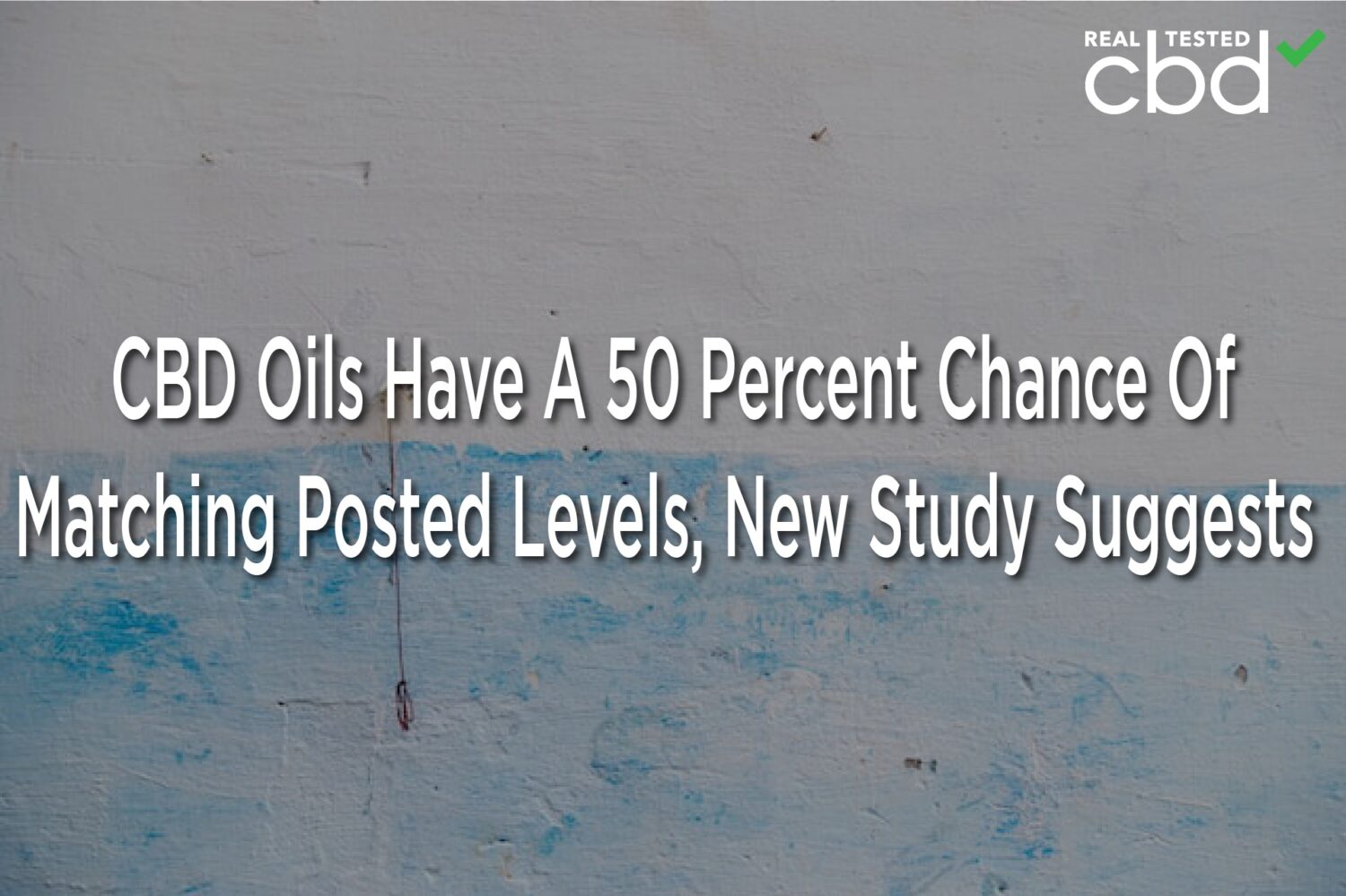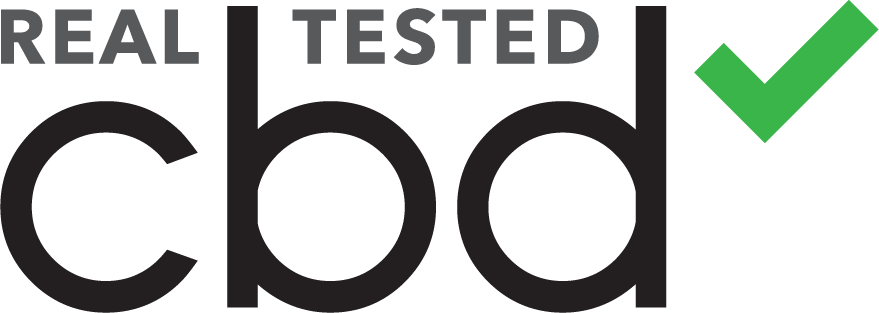
In today’s CBD market, customers can’t be too skeptical. Since there’s no FDA-approved method for scanning CBD supplements, it’s up to each company to submit third-party lab tests. Unfortunately, there’s never a guarantee your CBD item has the cannabinoid concentrations posted on its label.
A recent trial from the University of Kentucky suggests the accuracy of posted CBD concentrations in hemp extracts is even worse than many imagined. According to this trial, customers have about a 50/50 chance that their CBD oil has the cannabinoid concentrations on the label. If consumers want the max benefit from their CBD oil, they must understand the implications of this latest trial.
Just How Off Are Today’s CBD Oil Labels? — The Latest Review On CBD Oil Accuracy
In the University of Kentucky’s latest test, scientists bought 80 CBD oil products from various brands. Before scanning each product in their lab facility, researchers recorded the advertised cannabinoid concentrations on each item’s label. The study authors then compared the results from their lab testing with these posted percentage claims.
According to the University of Kentucky, 46 percent of the oils had CBD that didn’t fit the advertised concentration. These “off” CBD oils either had CBD levels 10 percent above or below the posted numbers on the CBD oil’s label.
Considering these results, professors at the University of Kentucky encouraged CBD customers to screen any products they’re considering using. Researchers also urged the FDA to put forward a centralized screening standard so CBD extracts won’t be so wildly off base.
How Could CBD Oils Have Such Unreliable Test Results?
At this point, customers may have expected the CBD oil industry to have “gotten its act together.” Sure, CBD oil hasn’t been around for as long as other supplements, but it has been legal since 2018. Plus, given the surge in demand for CBD oil products, it would make sense for the government to emphasize enforcing quality controls for public safety.
In reality, the CBD oil market is still working through its “Wild West” phase. The FDA has yet to develop a coherent policy for screening CBD supplements in all 50 states. Without these centralized rules, it’s easy for many subpar CBD oils to slip through the cracks.
While this doesn’t mean every CBD oil is a “scam,” customers need to take their time to thoroughly analyze any CBD brand they’re interested in. It’s not smart to rush into the CBD market and pick any product. You can increase the odds of dealing with the “good 50 percent” of CBD oils by researching authentic third-party lab tests and reading plenty of unbiased reviews like those on Real Tested CBD.
Find “Real Deal” CBD On Real Tested CBD!
Wherever there’s a lot of cash to be made, you can bet there will be scammers trying to trick new customers. Unfortunately, there are still many disreputable vendors operating in the CBD industry. Until the FDA steps in with nationwide screening standards, consumers must be proactive when searching for “CBD near me.”
If you don’t know how to conduct CBD research, please consider browsing the reviews on Real Tested CBD. Our team focuses on official lab results when rating different CBD brands. As you move through Real Tested CBD’s website, you can rest assured our technicians relied on scientific data to draw their conclusions.
Advertising disclosure: We may receive compensation for some of the links in our stories. Thank you for supporting LA Weekly and our advertisers.

